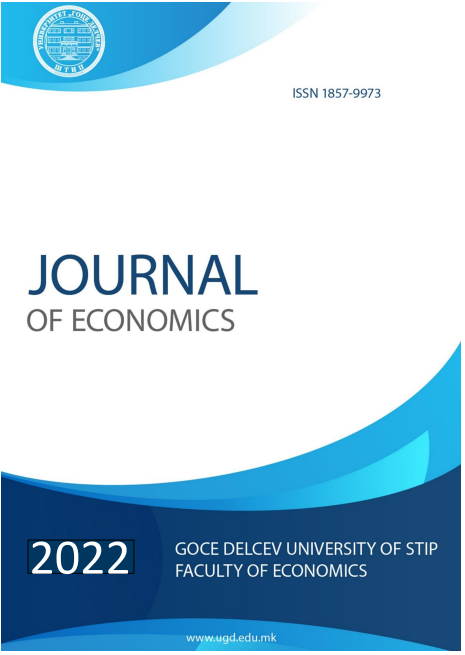Areas and activities influenced by the fintech industry
DOI:
https://doi.org/10.46763/JOE227.2068tKeywords:
fintech development, economic development, economic growth, poverty, financial inclusionAbstract
The paper aims to present the areas and activities which are positively affected by the development of the fintech industry. The industry has experienced major growth since the 2007/08 crisis, driven by a number of factors such as changing demographics, technological advances, changing customer preferences, and favorable environments in some regions. Nowadays, nearly all financial products and services offered by traditional banks and financial institutions are also offered by fintech companies in a more efficient and user-friendly manner.
Considering the fintech offerings and their impact, the research shows that fintech companies contribute toward the support and promotion of entrepreneurial activities and business activities and offer financial products to SMEs. Moreover, by improving the financial inclusion of the unbanked, there are implications that fintech segments lessen poverty and create employment.


